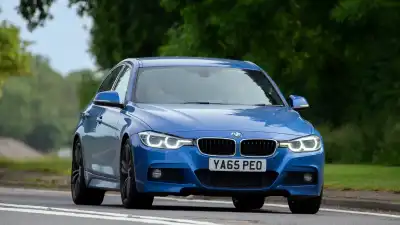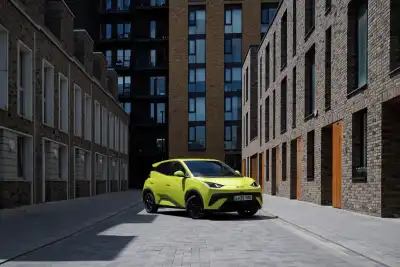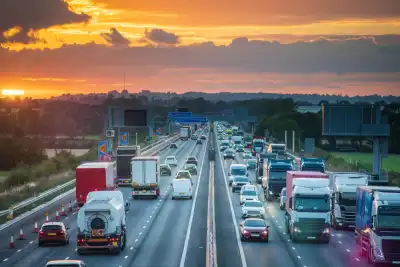
The automotive industry has seen several significant developments recently, and staying up to date is essential for both drivers and industry professionals. Here’s a quick overview of the most important motoring updates:
1. DVLA’s New Online Car Taxing Service
The DVLA has made it easier to tax your vehicle with a new online service. For the first time, the online registration and licensing systems are connected, allowing you to tax your car without needing a V5C logbook or V11 tax reminder letter. This is a huge improvement for those who may have misplaced these documents, as previously, replacing them required waiting up to five days.
Not sure if your vehicle is taxed? Check for free using Regit's car tax checker
2. New Vehicle Risk Rating (VRR) to Replace Traditional Insurance Groups
Starting August 2024, the traditional insurance group system for new cars will be replaced by the Vehicle Risk Rating (VRR) system. The VRR evaluates vehicles in five key areas—performance, damageability, repairability, safety, and security—providing a more dynamic and comprehensive evaluation. This system was introduced by Thatcham Research to better reflect modern vehicle risks.
Unlike the old system, which assigned a static score from 1 to 50, the VRR can fluctuate over time. This means your insurance premiums may change based on how your car performs in these categories. The new framework aims to provide more precise insurance pricing and encourage manufacturers to design vehicles with insurance outcomes in mind.
The VRR will run alongside the current system for 18 months before becoming the standard for all new cars.
3. UK Government Rules Out Pay-Per-Mile Road Pricing
Despite ongoing speculation, the UK government has confirmed that it has no plans to introduce pay-per-mile road pricing. This potential scheme would have replaced road tax and fuel duty with a pay-as-you-drive system, but concerns around tracking mileage, costs for heavy road users, and potential surveillance issues have put the idea on hold.
Instead, the government remains focused on implementing Vehicle Excise Duty (VED) for electric vehicles starting in 2025 and continuing its push toward phasing out petrol and diesel vehicles by 2030.
For now, drivers and businesses can rest assured that the pay-per-mile system won’t be coming into effect anytime soon.
4. Rumoured Upcoming Fuel Duty Rise
Recently, petrol and diesel prices in the UK have fallen to their lowest levels in nearly three years. Petrol dropped to an average of 139.5p per litre, while diesel hit 144.2p. However, this relief might be short-lived, as the Labour government is expected to raise fuel duty in this month's autumn budget announcement.
The 5p fuel duty cut introduced in 2022 helped push prices down, but its removal could drive costs back up, adding £3.30 per tank for millions of drivers, especially those with low incomes. The RAC and AA have warned that raising fuel duty could lead to a return of "perma-high" fuel prices, with significant budget impacts on motorists already feeling the squeeze. Critics argue that the fuel duty freeze and cuts have primarily benefited wealthier drivers, costing the Treasury billions since 2011.




